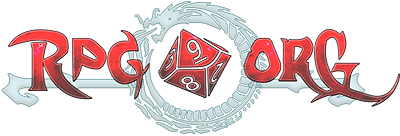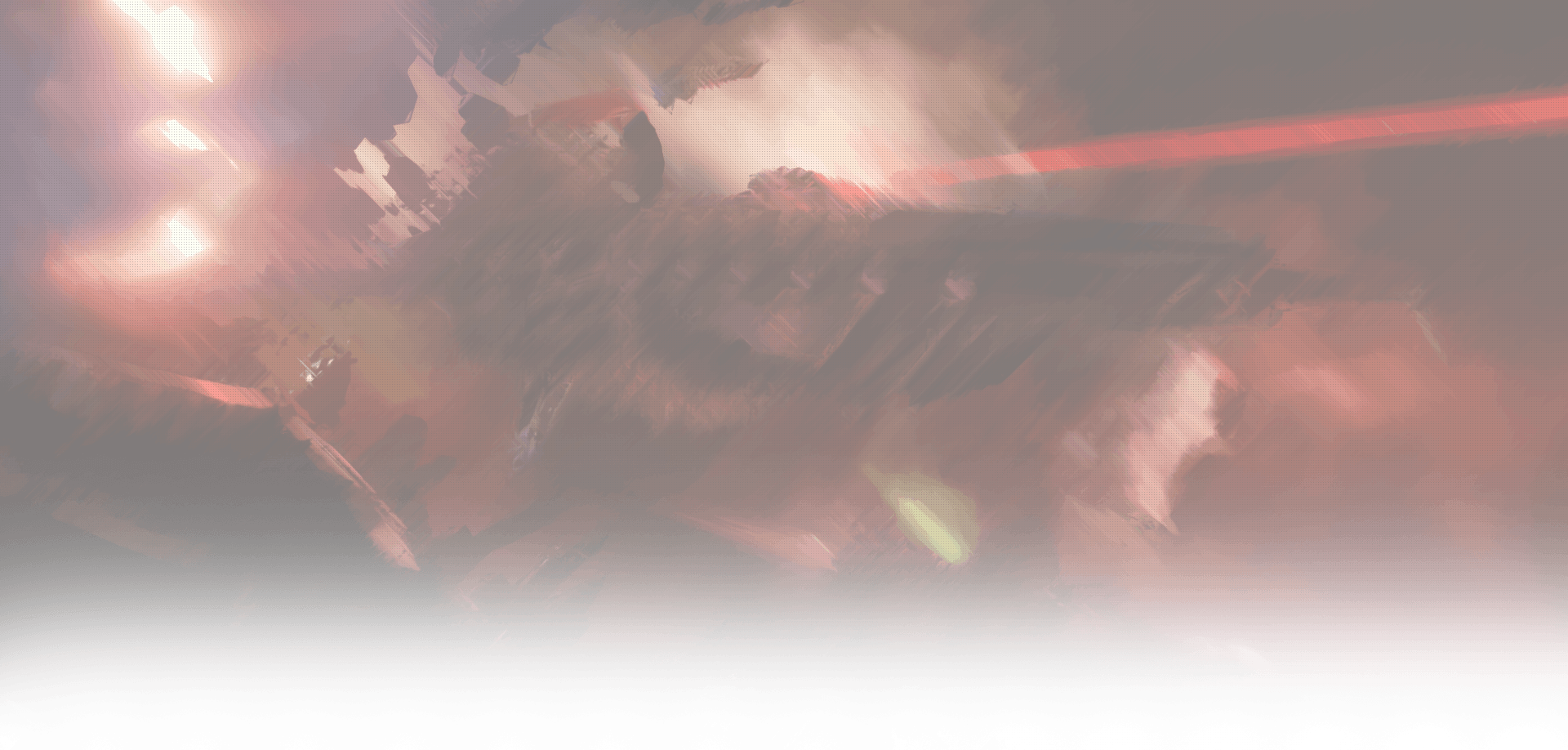So you have a new player eager to join your playing group ? Good luck ! However there is a slight problem. Really, it is almost nothing to worry about, but he never played any roleplaying games before, not even on computer ! what should you do ? Well, I give you some ideas.
First, I think we must collect the problems we face with a completely new player, just as a reminder :
- Maybe he doesn't know the game world (this is not always the case, for example if you play Star Wars)
- He doesn't know concepts like Game Master, player character, NPC, tests, difficulty levels etc.
- He doesn't have an idea what a player character is capable of doing (actively or passively) and how is it simulated. This also extends to relative power levels (the PC-s may be regular humans, trained professional or even demigods in some games)
- most times your would-be player doesn't have a character concept or he recommend something ridiculous. (Dragon thief, Robocop, Superman mixed with Professor X, were-rabbit monk)
Don't worry. All this problems could be solved without disheartening your would-be player and with much less work than you would think. For now we have two targets to reach : eliminate these hindrances and make our new player happy (and therefore gaining a returning player)
In this instance what you do before the game is much more important than what you do during the game session. With proper preparations, including a new, rookie player in the group will be much easier to you, to the new player and your current players too. To this end you will need to do several tasks : train and prepare the newbie, prepare your newbie friendly adventure, and consult with your other players. There are some optional things you may also do, but back on this later.
Train the newbie
This is the part you should never forget about, but also maybe the most time consuming one. You must sit down with your player, and talk about several things.
This maybe obvious, but first you should speak with him about the game : the world, the difference between a Game Master and players, and the place of the player characters in the world. In the end the newbie should have some idea about the concept of your current game. (“the characters are rebels in a space-opera setting fighting against an evil galactic empire lead by dark powers and a strong military” or “the characters are regular people who are suffered from some occult encounters in the 1920's, and now they investigate similar cases”)
If it's possible you should connect this to films or books you both know. Star Wars Trilogy, Matrix, Lord of the Rings, Dracula, X-Men, Sherlock Holmes... they are all usable references for some games. By using these references he will be able to connect his previous experiences with roleplaying-games, as well as connecting and comparing personalities he know to the player characters. And you should look for signs that which parts are the most interesting to him, and use these information accordingly to create his first player character.
You should also take time to describe the game mechanics in a short, summarized way. Lets face it : most new players won't read your beloved 1254-page core rulebook plus the most important 5 supplement you could recommend. You are lucky if he read at least some descriptions about the game world. This rules-talk should not be more than 10 minutes : it's not meant to teach the rules, just to show the basics, and give a taste. Again, you should use examples, likely connected to your player interests. If he want to be a barbarian don't give him in-depth detail about arcane magic !
The last thing you should do is to create his player character, involving the player in the process as much as possible. It's should have a concept to his liking (even if you think it's too complicated for a newbie) and he should have the final word in at least some cases, even if the character generation is somewhat predetermined. Basically, he won't think about it as his own character without it.
I know the last point seems obvious, but regardless, I seen more than one Game Master who give their players pregenerated characters without any personalization and in turn the player didn't cared much about the character.
You should take some time to talk about things on the character sheet (“you have knowledge (nature) 11, which is pretty good on this level and it's used for...”, “Your super-strength enable to lift 10 tons”, “your energy-blast 6 is roughly equal to a TOW rocket in power” etc.) The player should get a feel about the capabilities of the character, as well as how to use them (d20 roll + skill rank, 6x d6 added together etc). Now your newbie is ready to play.
The newbie-friendly adventure
This is much easier than you would think, as there are only several thing you should care about. In my experience this first adventure don't have to be easy nor too simplified, especially if your other players are experienced.
Just look at the short checklist I use in these cases :
- Combat : Fighting is a very important part in most RPG-s, and also the most intense. Also, your newbie should learn at least the basic combat rules as soon as possible. If your player has some combat specialty (maybe he could fight of spirits or he is a heavy weapon master, or drives an armored car) let him try that out in action ! Otherwise even a group of bandits do. One more thing : keep it simple for the first fight, he will have many question regardless.
- Skill usage : I always include at least two non-combat related problems in a newbie adventure : one is often involves something especially common (moving silently, bartering, don't fall on ice while moving, climbing etc.) and one where the character can shine (car chase for a driver, track for a ranger etc.) Again, it's both for learning the rules and for building a better character-player connection.
- Typical encounters : If it's possible I include at least 2 encounters which are fairly typical to the current RPG, even if they don't have a direct connection to the adventure. Police guards checking for weapons, nobility in a social encounter, homeless begging for money, freelancers assaulting a nearby building : anything will do if it's regularly happening in the setting. As it's maybe obvious, this will help our newbie to get a general feel about how things going.
- Success : The player should get a taste of success on the very first gaming session if possible, even if it's just a minor goal or personal gain. Getting a new contact, some new equipment, saving somebody/something or resolving a small quest maybe the most generic developments what could happen.
- Tension : All adventures should have some tense moments, but a great cliffhanger at the end of the gaming session could provide serious temptation to your new player to come back for more ! You may even forget what I said about success in the last point. However it's not working for some people, as they have the need for a feeling of accomplishment, so be careful with those setbacks.
If you manage the above targets your new adventure is as newbie-friendly as possible.
Consult with the other players
This is the easiest and most obvious part I guess, but it's worth a mention. You should inform your players about the newbie, and if possible introduce him before the gaming session. If they don't get along well, maybe you should introduce him to another adventurer party (if possible). Serious Player vs. Player conflicts should be avoided at all cost, and most times it's better to forget about a new member than losing one or more of your old companions. Thankfully roleplayers tend to be tolerant folk, so these problems are rare.
If everything goes well, you may even appoint one of the veterans to be a mentor for your newbie during the incoming gaming session. If they characters have some kind of connection it's even better !
Tomorrow I will talk about what to do with the newbie during the gaming session. If you have anything to add to the topic, please don't hesitate to write a comment !
Zoltán "Cain" Mészáros



